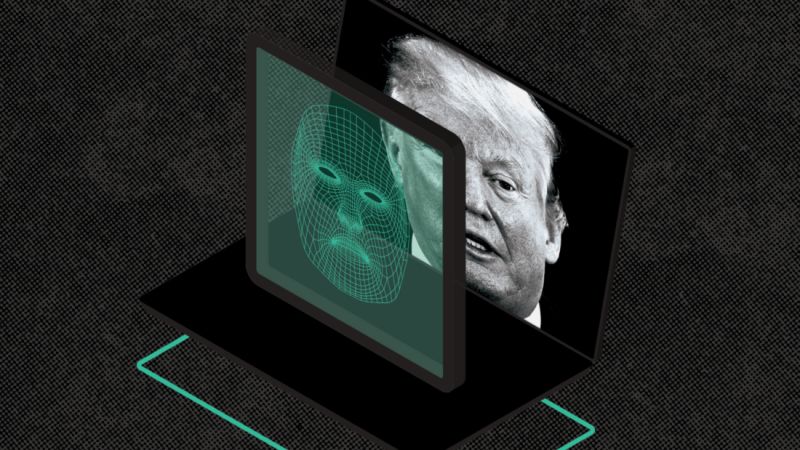
Tech companies have come together to form an accord aimed at
limiting the impacts of deepfake AI content online. With the rapid advancement
of artificial intelligence, there is a growing concern about how it could
potentially disrupt democratic elections through the spread of misleading or
manipulative content.
Representatives from major tech platforms like Google, Meta,
Microsoft, OpenAI, X and TikTok agreed to implement reasonable precautions
through a new pact called the "Tech Accord to Combat Deceptive Use of AI
in 2024 Elections". The accord focuses on seven key elements - including
monitoring for AI-generated deepfakes, developing technical detection methods,
and responding to incidents in a timely manner.
The accord's focus on monitoring, detection, and timely
response helps establish a framework for collaboration between tech companies.
But proactively addressing perception may prove just as important as reactive
measures.
Platforms' respective SMM panels could help through
initiatives like media literacy programs educating users on discerning online
information. Fact-checking partnerships could also aid in preemptively
debunking viral deepfakes before widespread dissemination.
Detection methods will also need continuous refinement as
generative AI models advance. Techniques focused solely on analyzing individual
words may fail against future deepfakes crafted to appear seamlessly
conversational and contextually consistent. Holistic approaches leveraging
things like atypical sentence structures or logical inconsistencies may fare
better at differentiating human vs AI-generated content.
There are also open questions around how to balance free
expression with limiting harm. Overly broad content restrictions risk censoring
legitimate political satire or parody. Meanwhile, a hands-off approach leaves
deepfakes' influence unchecked. As a democratic solution, platforms might
consider labeling potentially misleading deepfakes while still allowing their
spread. This adds transparency without outright bans that could set concerning
precedents.
Geopolitical factors further complicate global responses.
Regulations in some nations may curb deepfake proliferation domestically but
displacement effects could see problematic content shift primarily to platforms
prioritizing free speech. International cooperation will be needed to establish
baseline standards while respecting diverse legal frameworks.
Developing technical solutions is also challenging given the
"arms race" dynamics between generative AI and detection methods.
Offensive tools will likely continue outpacing defensive counterparts for the
foreseeable future. Comprehensive strategies combining technical, educational
and policy-based approaches seem most viable for mitigating risks amid such
rapid technological change.
Moving forward, sustained cooperation through initiatives
like the new accord will remain crucial. Platforms' SMM panels provide an
important venue for regularly evaluating detection capabilities, sharing latest
research, and discussing collaborative responses to emerging issues.
Civil society too has a role via accountability mechanisms
that assess accord implementation and propose reforms to strengthen public
protections. With open dialogue and commitment to progress, the risks of
deepfake AI can continue to be limited for election integrity and democratic
discourse.
For businesses seeking to navigate these complex
technological shifts, expert guidance is invaluable. Great SMM provides
full-service SMM management to help companies leverage online channels
responsibly and maximize their impact. Through strategic planning, creative
content development, and analytics integration, we ensure marketing stays
focused on your goals while respecting community standards. Contact us to
discuss how our team can boost your brand in a compliant, considerate manner.